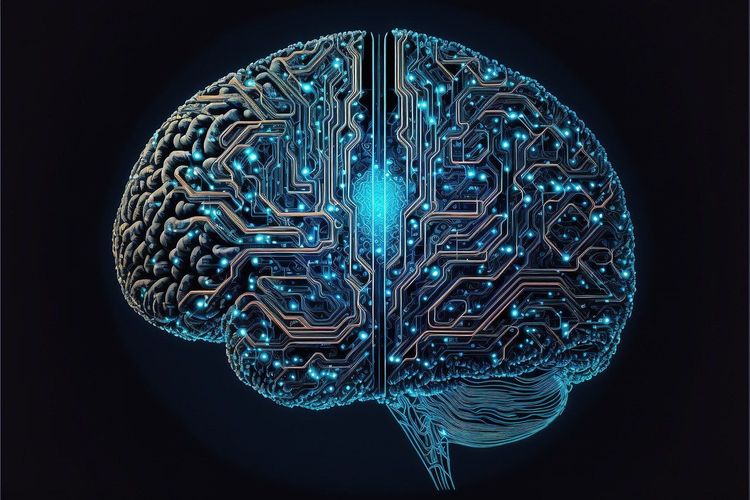French AI startup Mistral AI has introduced its latest language model, Mixtral 8x7B, which promises to redefine open-source performance standards. With open weights, this model outshines the 70-billion-parameter version of Llama 2 across numerous benchmarks—delivering inference speeds six times faster. Notably, Mixtral 8x7B excels over OpenAI’s GPT-3.5 in many metrics, signaling a significant shift in the capabilities available to developers.
Designed with a context length of 32,000 tokens (approximately 24,000 words), Mixtral 8x7B supports multiple languages, including English, Spanish, French, Italian, and German, while also demonstrating robust code generation capabilities. Its ability to provide coherent answers is underscored by an impressive score of 8.3 on the MT-Bench, putting it on par with GPT-3.5.
Jignesh Patel, a computer science professor at Carnegie Mellon University and co-founder of DataChat, emphasizes the advantages of Mixtral's open-weight model, particularly its applicability in environments where privacy is paramount. Unlike proprietary models like ChatGPT, which operate as black boxes, Mixtral allows broader usage and integration, enabling developers to protect sensitive data and maintain confidentiality of usage patterns.
Trained on diverse open internet data, Mixtral 8x7B operates under the Apache 2.0 license, offering free commercial use. This permits developers to modify, replicate, and update the source code, fostering innovation and community collaboration.
### Innovative Architecture: Sparse Mixture of Experts
Mixtral 8x7B employs the Sparse Mixture of Experts (MoE) architecture, which has been a topic of research for decades but is now being effectively utilized in large-scale language models. This design comprises a limited set of specialized experts, allowing the model to generate smooth, human-like responses. The MoE approach differs from traditional models that rely on a singular expert, instead allowing for decision-making akin to a well-rounded committee rather than a single authority.
Patel notes that this selective use of experts—often just two from a pool of eight—enhances computational efficiency. This innovation is particularly vital as organizations look to implement generative AI while navigating the high costs typically associated with model development.
Technically, Mixtral 8x7B operates as a decoder-only model, utilizing a feedforward block that selects from eight distinct parameter groups. For every token processed, a routing network designates two of these groups, optimizing output while controlling costs. This means that though Mixtral 8x7B boasts 46.7 billion parameters, it only uses 12.9 billion for each token, striking an effective balance between capability and expense.
### Accuracy and Bias Mitigation
According to Mistral, Mixtral 8x7B is more accurate and less biased than its predecessor Llama 2, achieving a score of 73.9% versus 50.2% on the TruthQA benchmark. However, the startup encourages developers to implement system prompts to mitigate toxic outputs, as the model will follow instructions regardless of ethical implications.
While it performs commendably compared to GPT-3.5, OpenAI's GPT-4 maintains a competitive edge in several performance areas. Nonetheless, Mixtral 8x7B’s architecture provides a significant benefit by enhancing the model's capacity without substantially raising computational needs, resulting in a responsive and resource-efficient tool for organizations running models on their own infrastructure.
### A Hybrid Business Model
Mixtral 8x7B represents a strategic blend of business models. It combines aspects of open-source accessibility—allowing users to download and utilize the model on personal hardware—with a pay-as-you-go API for rapid access. This dual approach caters to developers seeking flexibility, aligning with models from industry leaders like OpenAI and Anthropic.
Open-source software has historically driven innovation in computing, showcasing how foundational technologies can spur major advancements. Patel cites Linux as a prime example, asserting that unrestricted access to quality software accelerates progress and lowers barriers for newcomers in tech. This democratization of knowledge and creation remains crucial for the continual evolution of AI and technology sectors.
With Mixtral 8x7B, Mistral AI not only showcases technical prowess but also contributes to an open, collaborative ecosystem poised to foster further breakthroughs in artificial intelligence.







